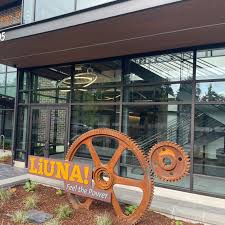Des Moines in 2025: A City on the Rise with Economic Growth and Community Development

New Developments and Infrastructure
Des Moines has recently marked a significant milestone with the opening of a new election office in Polk County, featuring enhanced space for voters and improved security measures for ballot storage. The new facility, located on Euclid Avenue at Polk County River Place, provides convenient access for early voting and absentee ballot submission.
Economic Growth and Business Development
The city continues to evolve beyond its reputation as an insurance industry hub, emerging as a growing center for technology, manufacturing, logistics, and agricultural innovation. With its highly educated workforce and strong foundation, Des Moines provides businesses with essential tools for success.
The economic outlook for 2025 is particularly promising, with over 100 economic development projects in the pipeline – the highest number in years. Business leaders and investors maintain optimism about the economy, with significant momentum and growth observed across the region.
Community and Infrastructure Development
Des Moines consistently ranks among the nation’s best places to live, work, and play, with ongoing investments in its future. The city demonstrates its commitment to growth through progressive initiatives in transportation, flood protection, and community development, reflecting both business-friendly policies and a dedication to quality of life.
Events and Tourism
The city’s vibrant events sector continues to thrive, with 261 conventions and events booked for future years, expected to generate $164.8 million in economic impact. In the previous fiscal year, 250 conventions and events were held, contributing $104.4 million to the local economy.
Future Outlook
Looking ahead, Des Moines is preparing for substantial growth, with projections indicating that by 2042, the city’s airport will serve 5 million passengers annually. The metropolitan area is experiencing population growth at twice the U.S. rate, though addressing affordable housing remains a key challenge for communities and employers.









